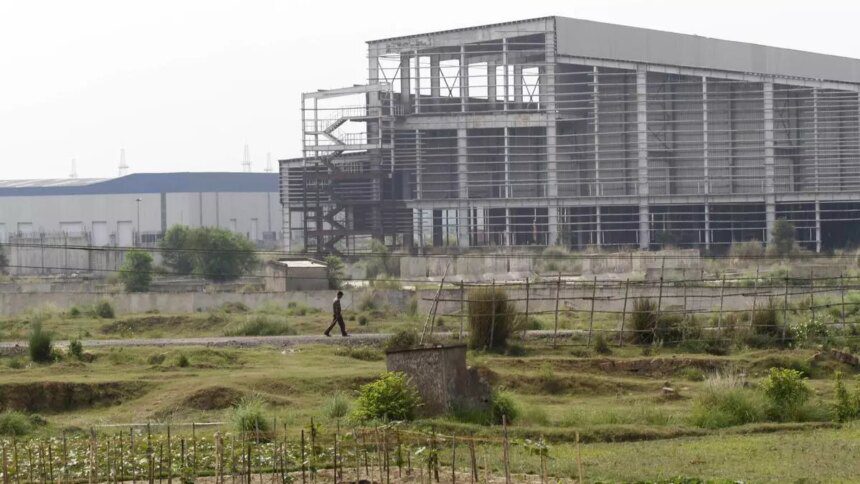A heartbroken Ratan Tata made the difficult decision to move the ambitious Nano small car project from Singur in West Bengal back in 2008. He cited the agitation led by Mamata Banerjee against land acquisition for the project as the main reason for the move.
In a press briefing held five days after Tata Motors’ exit from Bengal, Tata expressed his pain over the decision but felt it was the right thing to do. The Nano project was eventually relocated to Gujarat’s Sanand, where the car was launched in 2009 as a vehicle meant for people from all walks of life.
The legendary industrialist, who recently passed away, often recounted the challenges faced by the Nano project in Singur. The acquisition of nearly 1,000 acres of fertile land in Singur by the Left Front government led to widespread protests by farmers who opposed giving up their land.
Mamata Banerjee, then an opposition leader and now the Chief Minister of West Bengal, spearheaded the movement against the land acquisition. She later claimed that Tata Motors was not driven out of the state by her government but by the CPI(M), leading to a dispute with the opposition.
Following arbitration proceedings last year, Tata Motors secured compensation of Rs 765.78 crore with interest from the West Bengal Industrial Development Corporation for the loss of capital investments in the abandoned Nano manufacturing facility in Singur. The West Bengal government has challenged this decision.
In light of Ratan Tata’s passing, Mamata Banerjee expressed her condolences, recognizing him as a leader in Indian industries and a philanthropist. His death is seen as a significant loss for the business world and society as a whole.










